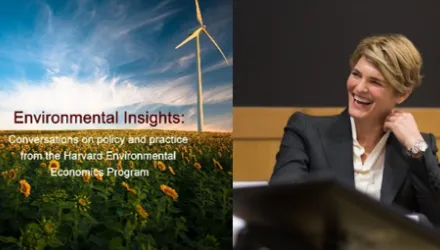Abstract
International trade has become the fastest growing driver of global carbon emissions, with large quantities of emissions embodied in exports from emerging economies. International trade with emerging economies poses a dilemma for climate and trade policy: to the extent emerging markets have comparative advantages in manufacturing, such trade is economically efficient and desirable. However, if carbon-intensive manufacturing in emerging countries such as China entails drastically more CO2 emissions than making the same product elsewhere, then trade increases global CO2 emissions. Here we show that the emissions embodied in Chinese exports, which are larger than the annual emissions of Japan or Germany, are primarily the result of China's coal-based energy mix and the very high emissions intensity (emission per unit of economic value) in a few provinces and industry sectors. Exports from these provinces and sectors therefore represent targeted opportunities to address the climate–trade dilemma by either improving production technologies and decarbonizing the underlying energy systems or else reducing trade volumes.
Continue reading (log in may be required): http://www.nature.com/nclimate/journal/vaop/ncurrent/full/nclimate2800.html
Liu, Zhu, Steven J Davis, Kuishuang Feng, Klaus Hubacek, Sai Liang, Laura Diaz Anadon, Bin Chen, Jingru Liu, Jinyue Yan and Dabo Guan. “Targeted Opportunities to Address the Climate–trade Dilemma in China.” Nature Climate Change, 2015







